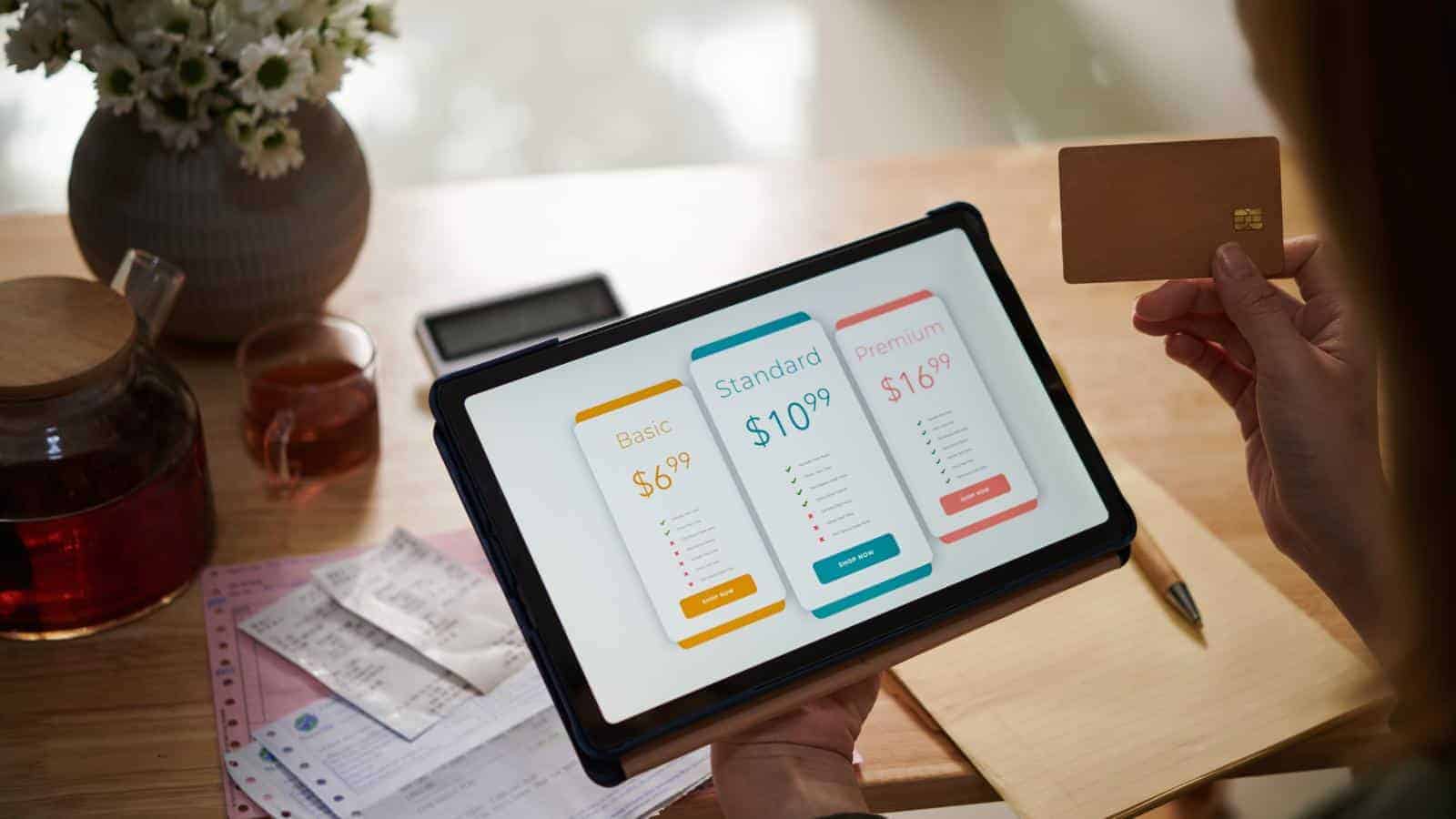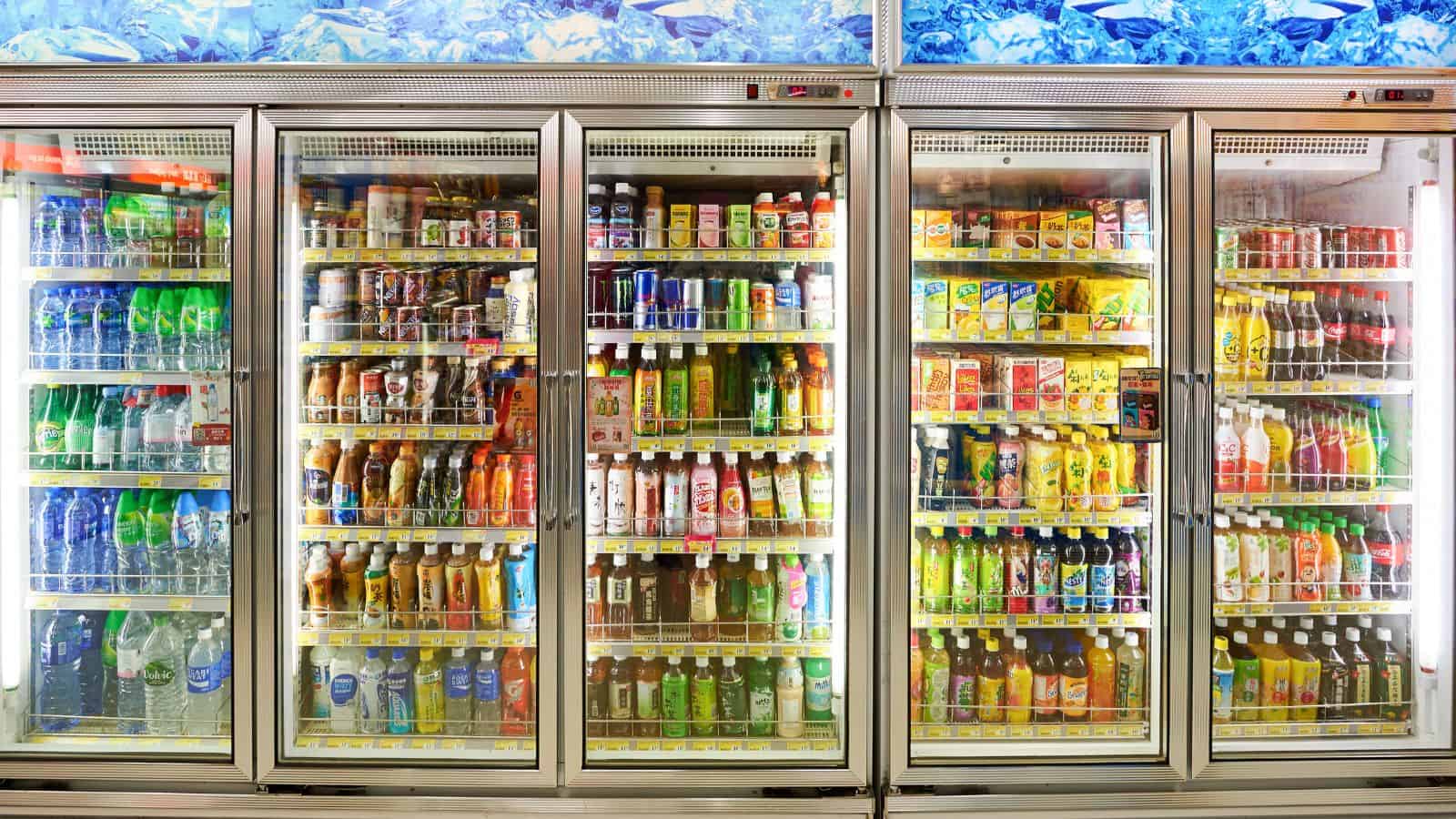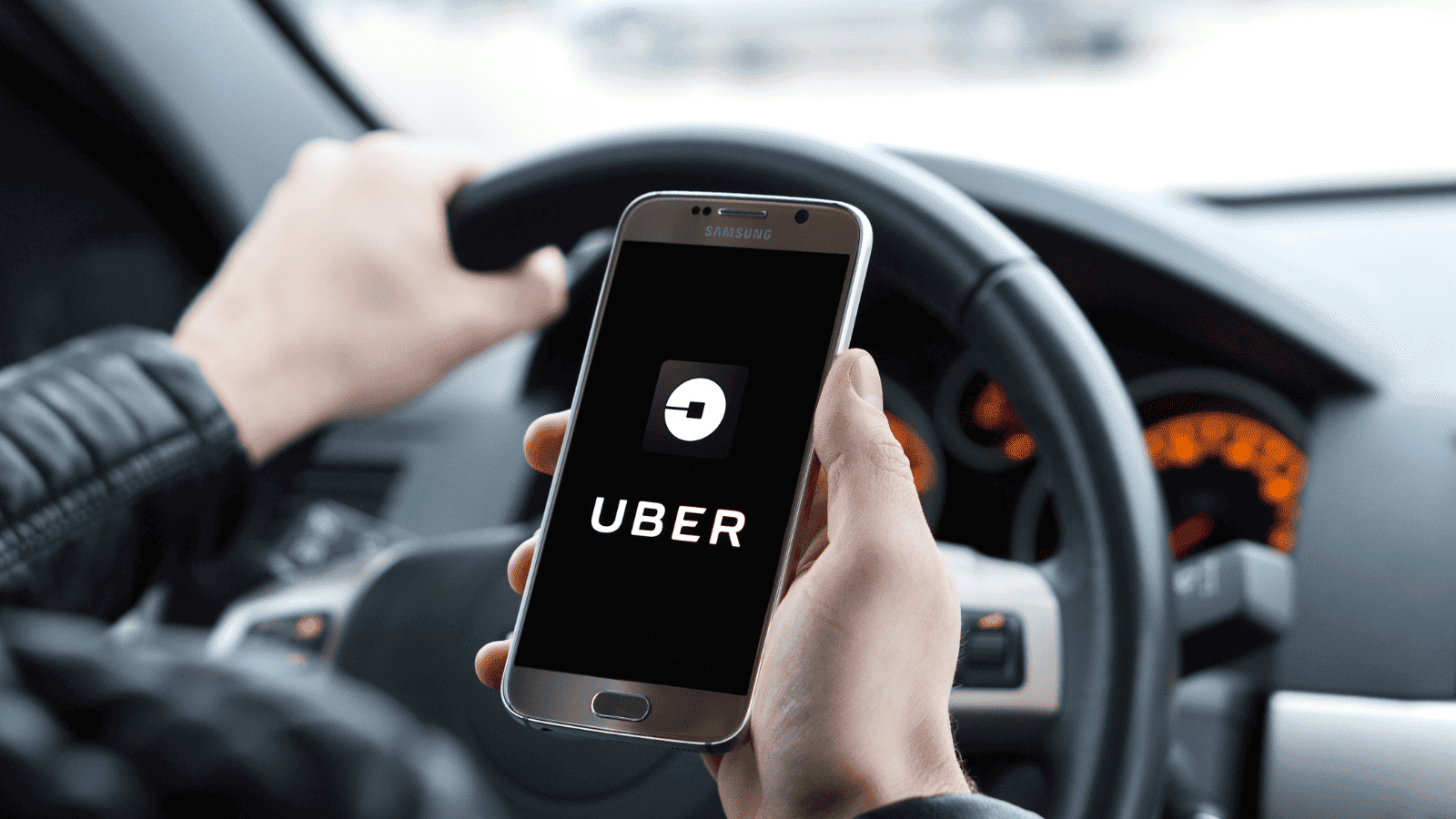You may think that saving more money always means making huge sacrifices, but that’s far from the case. It’s surprising what a difference you can make simply by cutting back on small, everyday expenses. In fact, just a few small changes can easily save you $100 or more each month.
To help you do just that, let’s take a look at a few daily expenses you can cut to keep more cash in your pocket.
Daily Coffee Runs

If you have a bit of a coffee habit, you’re not alone. Many people find themselves grabbing a $4 coffee every morning, and this may seem like a small expense, but it adds up fast. If you do this every single day, over a month, that’s easily $80-$100 spent on coffee alone. Instead, you could brew your own coffee at home and invest in a reusable travel mug.
Unused Subscriptions

There may be little harm in a subscription magazine or fitness app here and there, but over time, they can really add up. If you’re not actively using them, it’s best to cancel or pause those subscriptions to reclaim that lost money.
Bottled Water

Sure, buying a single bottle of water when you’re out might seem harmless, but $1-$3 a bottle adds up quickly if this becomes a regular habit. A reusable water bottle is not only better for your budget but also much healthier for the environment.
Fast Food or Takeout

When your busy days seem never-ending, it’s very tempting to order takeout instead of spending ages in the kitchen, but those $10-$15 meals can blow your monthly budget fast. All you need to do is cut back to one or two takeout meals a week and cook at home instead to save yourself at least $50.
Impulse Snacks at the Gas Station

Anyone who drives a car knows that stopping at the gas station often also means giving in to the temptation of a candy bar or soda. This can quickly become a habit, and while a few dollars here and there might not seem like much, those impulse buys can easily total $30-$40 a month.
Eating Out for Lunch

Buying lunch every workday can be really expensive, often costing you $10 or more per meal, which adds up to a hefty $200 a month. Instead, it’s a good idea to pack your own lunch with leftovers, sandwiches, or salads. If you’re always eating out, you’ll notice that this will cut this expense dramatically.
Premium Gas When You Don’t Need It

Most cars run just fine on regular gas, so there’s really no need to pay the extra for premium, and yet many people do. Check your car manual to see if premium is truly required. If it’s not, switching to regular gas can save you $10-$20 each month, depending on how often you need to fill up.
Unused Gym Memberships

One of the biggest expenses that ends up going to waste is gym memberships. If you’re not hitting the gym regularly, it’s time to admit that you’re just throwing money away. These memberships often cost $30 or more per month, so you’re better off canceling the membership and making use of free workouts at home, outdoor runs, or YouTube fitness videos instead.
ATM Fees

It may be hard to notice, but withdrawing cash from an out-of-network ATM can cost you $3-$5 each time. If you do this a couple of times a month, those fees will really pile up. So, plan ahead and use your bank’s ATMs or switch to a bank that reimburses ATM fees to avoid wasting your money.
Buying Brand-Name Groceries

Most people are drawn to brands they know and trust, but that doesn’t mean generic options aren’t actually just as good. Brand-name groceries often cost 20-30% more than generic or store-brand options, while the difference between them is negligible.
Convenience Store Drinks

Those quick stops for sodas or energy drinks can really add up before you notice it. If you’re buying just one drink every day for $2, that’s $60 a month down the drain. You’re better off stocking your fridge at home with affordable options or drinking more tap water to save money and cut back on unnecessary sugar.
Overpriced Cable Packages

Are you paying for hundreds of cable channels you never watch? If so, it’s definitely time to cut back. These days, there are plenty of streaming services that offer more tailored options for less money, so you can ditch cable entirely or simply just downgrade your plan. This alone can save you $50 or more a month.
Unnecessary Household Products

Many of us are guilty of impulse-buying fancy cleaning supplies that seem incredible but are actually just as good as far cheaper options. Instead of buying separate products for each task, try using versatile, low-cost items like vinegar, baking soda, and reusable cloths.
Ride-Share Services

Using Uber or Lyft for short trips might feel convenient, especially for people who don’t drive, but those fares add up quickly. If possible, walk, carpool, or use public transport instead. By cutting just a few ride-shares a month, you could save yourself an impressive $20-$50. These options are all much better for the environment too.
Impulse Purchases Online

Those late-night Amazon or Target impulse buys might seem small, but as you may have noticed, they can add up far too fast. The good news is you can avoid impulse shopping simply by waiting 24 hours before clicking “buy.” Another good tip is to delete saved payment methods or unsubscribe from marketing emails.
Overpriced Phone Plans

Far too many people pay for unlimited data or features they never actually use. You should review your phone bill and consider switching to a cheaper plan that fits your real needs. By downgrading or finding a better provider, you can save an admirable sum of $20 or more per month.
Excessive Laundry Costs

You may not have considered this, but using too much detergent, washing small loads, or over-drying clothes can waste a whole lot of money and energy. This is why it’s good practice to wash full loads with cold water, hang dry items when possible, and measure detergent carefully. These small changes can save you a good few dollars every week.
Unused Gift Cards

If we just reminded you about a gift card sitting in your wallet or drawer, you’re welcome! These thoughtful little gifts are just wasted money if you’re not using them. Check your balances and put those cards to work for anything you want or need.
Subscription Boxes

Subscription boxes can be fun and tempting, but they’re rarely necessities. Recurring expenses for little things like makeup, snacks, or clothes can add up without really giving you much long-term value.
We recommend canceling the boxes you don’t need so you can enjoy the savings instead of another “surprise” delivery you don’t actually need.
